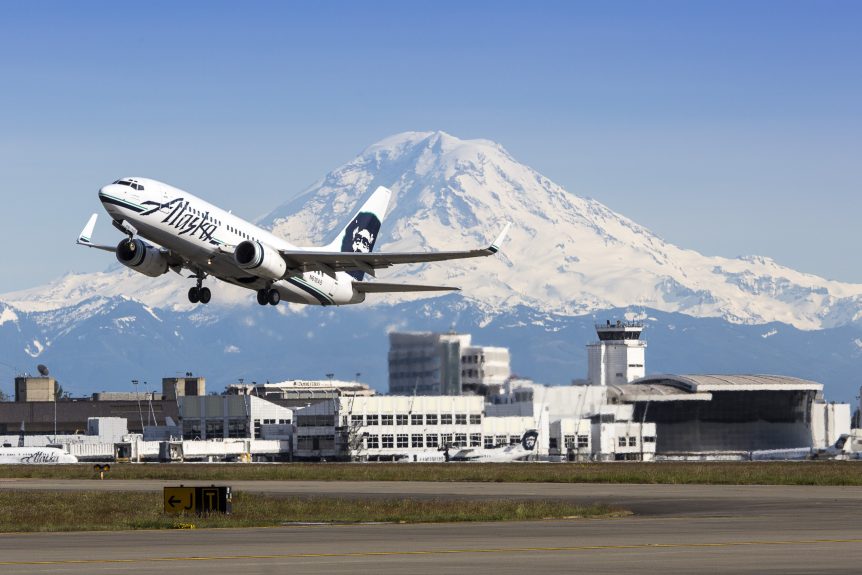We’ve looked at an array of different biofuel sources ranging from used cooking oil and algae to farm and municipal waste. This is essential as the percentage of airline emissions becomes a bigger part of our overall greenhouse gas situation. The Guardian reports, “A 2017 estimate said air travel accounted for 2.5% of all carbon dioxide emissions, with the total emissions expected to quadruple by 2050.”We’ll look here at how some of the early efforts have panned out and examine a late-breaking surprise or two. Mustard Seeds? According to the Guardian, “A Qantas plane powered partly by mustard seeds has become the world’s first biofuel flight between Australia and the United States, after landing in Melbourne on [January 30, 2018].” A major test, the 15-hour flight used a blended fuel 10-percent of which came from the brassica carinata, a mustard seed used as a fallow crop between regular crop cycles. Qantas’ Boeing Dreamliner 787-9 “Reduced carbon emissions by 7 percent …
Farm and Municipal Waste to Bio Jet Fuel
United Airlines has united with two partners, AltAir Fuels and Fulcrum BioEnergy, to fly on sustainable alternative fuels. Think of each flight being cleaner, using what formerly were unusable, land-fill-bound waste products, and certain to make United more sustainable, and flights less costly. Earlier efforts at producing biofuels relied on converting food, such as corn, into fuel, an uneconomical process that raised food prices and often used more energy than it produced in ethanol, for instance. This was not sustainable and didn’t allow economic benefits for its users, so fell into disrepute quickly. Organizations like the United Nations spoke out against taking grains from the poorest among us to make fuels for jetsetters. In their 2009 report, UNEP, the United Nations Environment Program, calculated that up to 34 percent of arable land would be required to produce the fuel necessary to maintain current Powerful firms sometimes take farms from poor communities in third-world countries to produce biofuels, adding human misery …

